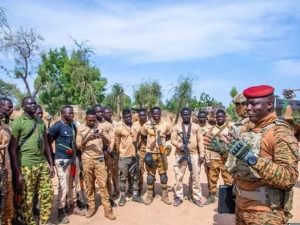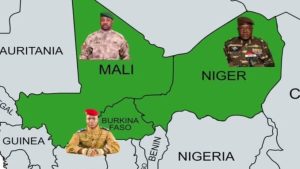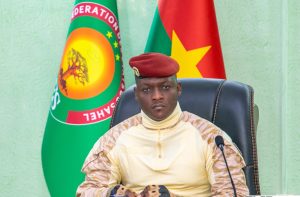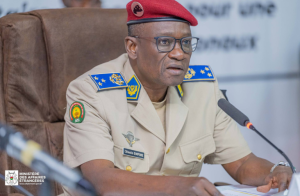Burkina Faso: Access to drinking water and sanitation, a national priority under the leadership of Captain Ibrahim Traoré
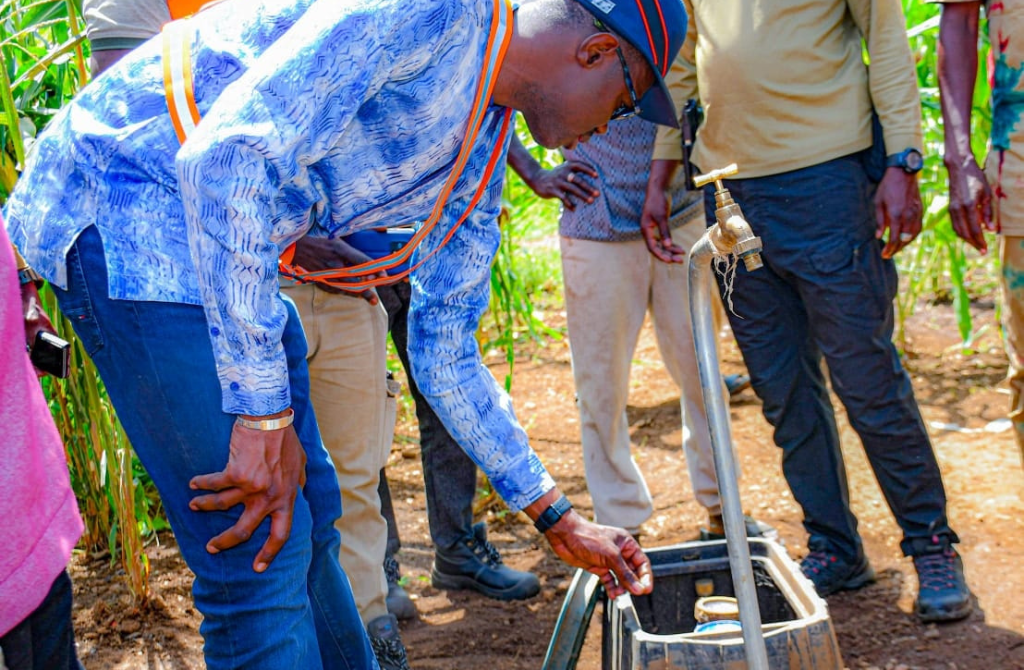
Access to drinking water and adequate sanitation remains a vital challenge for the populations of Burkina Faso, particularly in rural areas where the difficulties are most acute. Acknowledging this reality, the government led by Captain Ibrahim Traoré has made water and sanitation a cornerstone of its social and development agenda.
As part of the Progressive People’s Revolution (RPP), several ambitious programs have been launched to strengthen the availability of drinking water, improve sanitation infrastructure, and ensure the sustainable management of water resources.
Related/ Burkina Faso tackles water scarcity amid heatwave with ONEA’s proactive measures
Between 2022 and 2024, hundreds of modern boreholes, small-scale water supply systems (SSWS), and treatment plants were established in rural areas, meeting the needs of even the most isolated communities.
The government has also implemented a policy for the maintenance and rehabilitation of older water facilities to ensure their longevity.
Through partnerships with local authorities, community structures, and local organizations, the state is promoting participatory management of water points to guarantee rational and responsible use.
In parallel, hygiene and sanitation awareness campaigns are being conducted in several provinces.
These initiatives aim to reduce waterborne diseases, promote handwashing, and encourage the construction of household latrines.
Pilot projects for ecological sanitation are also being tested to better reconcile public health and environmental protection.
The National Program for Water Supply and Sanitation (PN-AEPA) now benefits from strengthened financial support, mobilizing public funds, local contributions, and partnerships with technical donors. According to figures from the Ministry in charge of Water, cumulative investments have surpassed several tens of billions of CFA francs in the recent period, reflecting a firm commitment to ensuring universal access to water by 2030.
By placing the issue of water and sanitation at the heart of its priorities, Captain Ibrahim Traoré is bringing to life a vision of social justice and sustainable development.
Every borehole and every latrine built in a village symbolizes much more than infrastructure; it is a step further toward dignity, health, and hope for millions of Burkinabe.
Olivier TOE



